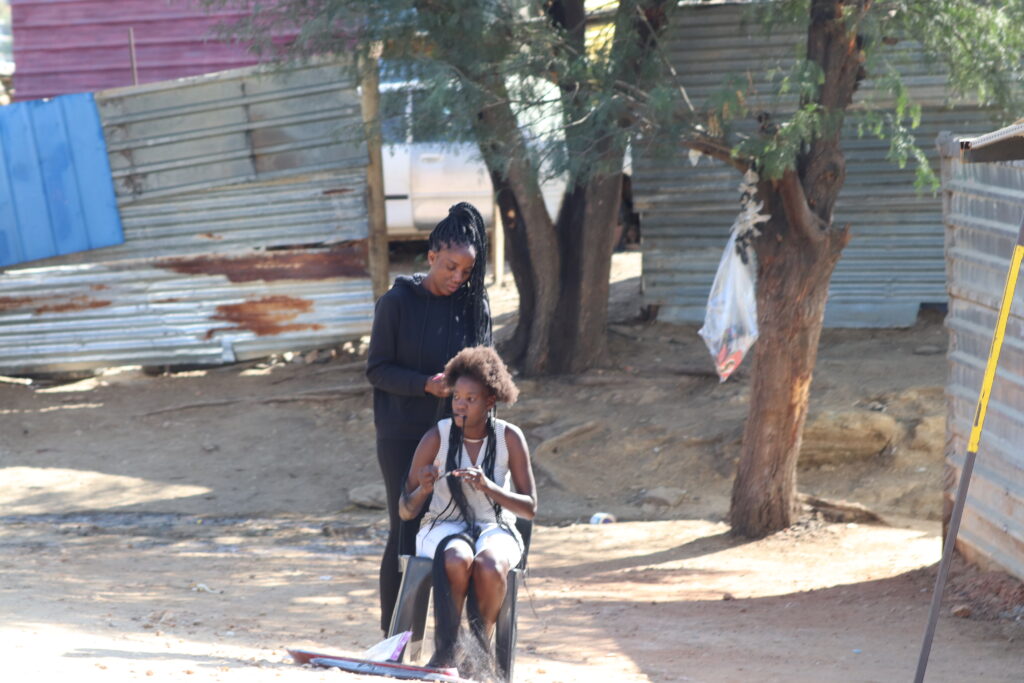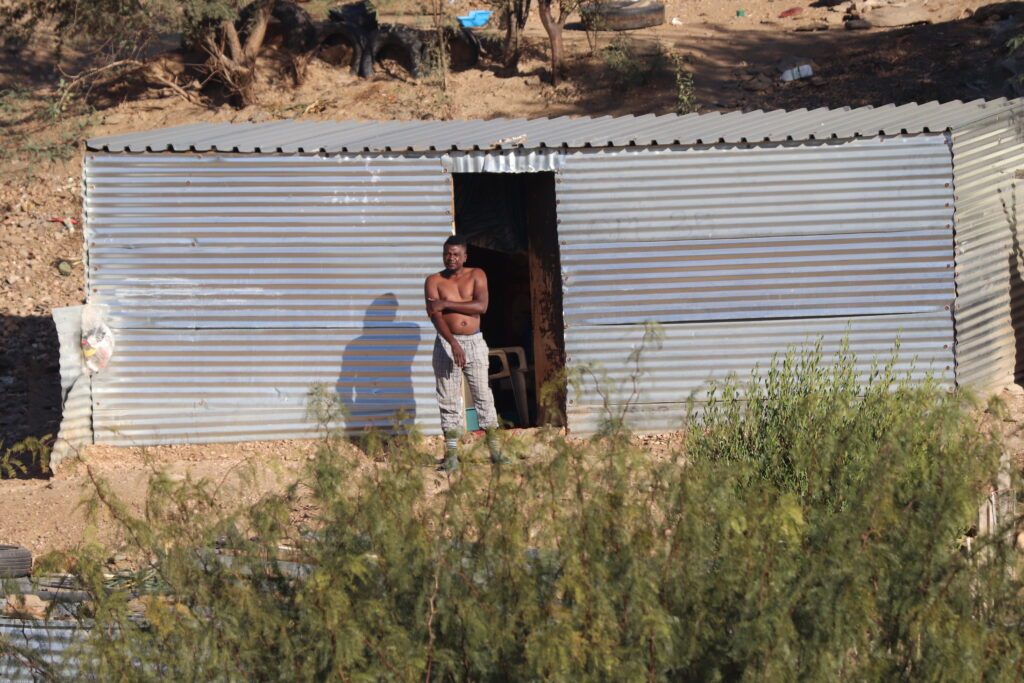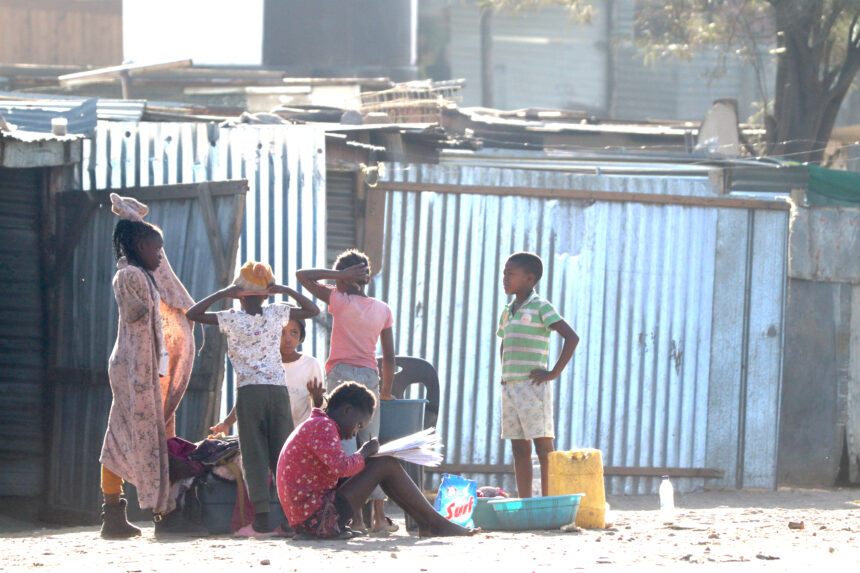Limba Mupetami
Life on the outskirts of Windhoek, particularly in informal settlements such as Havana, Kilimanjaro, Okuryangava, Ombili, and Babylon, is marked by resilience and resourcefulness. Many residents face daily challenges yet find ways to keep themselves busy and maintain their households.
Some enjoy laundry and cooking, others keep themselves busy with informal work despite limited resources, residents engage in various forms of informal work.
There are pressing challenges like lack of proper sanitation, but despite these struggles, a strong sense of community prevails. These journalists visited these areas yesterday and captured some of the moments.









